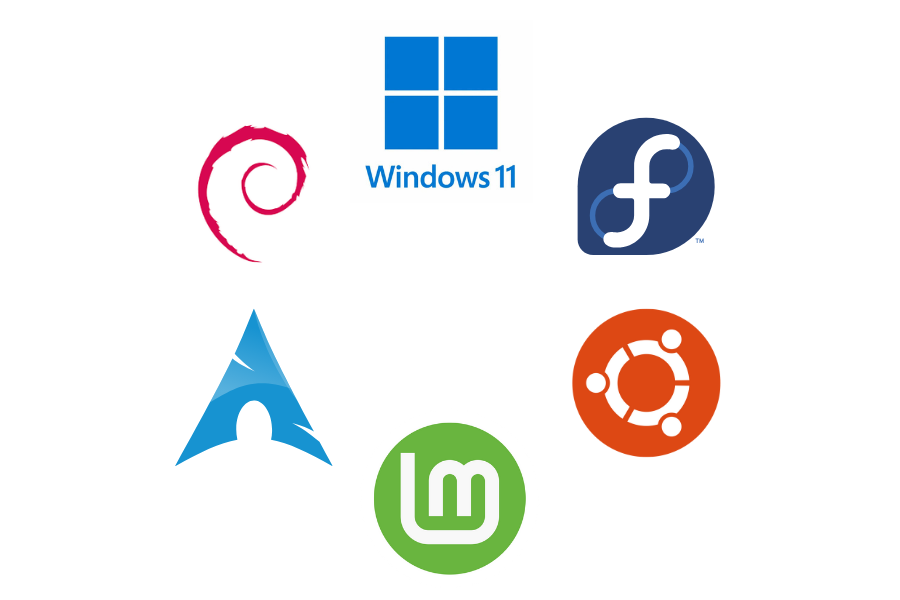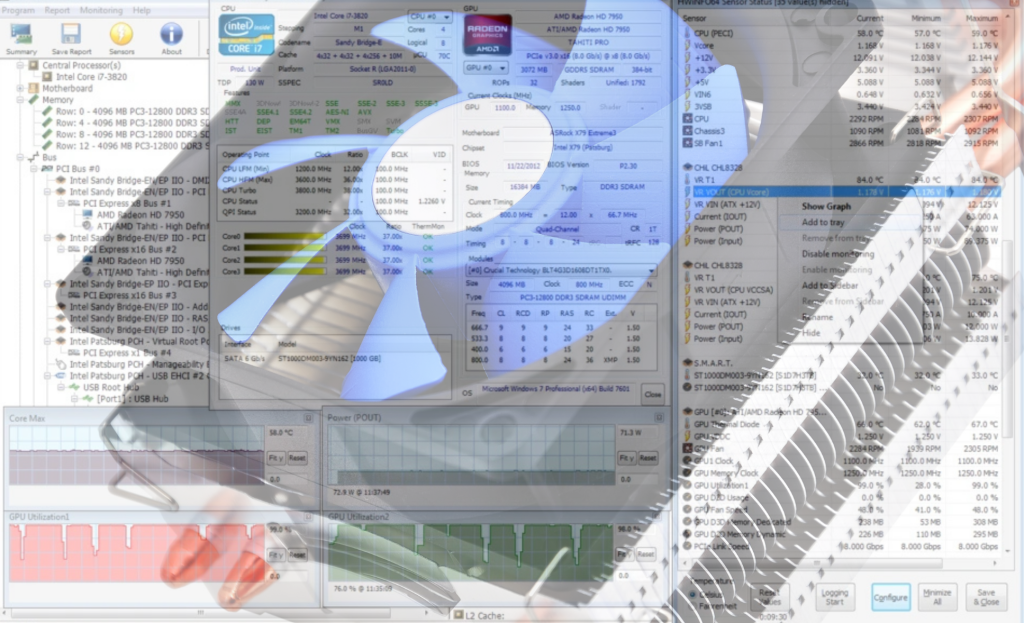
Windows 11 vs Linux – differences, advantages, and disadvantages
In recent years, computer users have had more and more options when it comes to operating systems. Two of the most discussed alternatives are Windows 11, the latest operating system developed by Microsoft, and Linux, a family of open-source distributions that has gained popularity due to its flexibility and stability.
Windows 11 – strengths and limitations
Windows 11 came with a modernized interface, designed to offer a friendlier and smoother visual experience. It is especially aimed at ordinary users who want an easy-to-use system compatible with most commercial applications.
Windows 11 Advantages
- Very vast software ecosystem (productivity, entertainment, gaming applications)
- Friendly and intuitive interface
- Good integration with cloud services and Microsoft applications
- Regular security and performance updates
Windows 11 Disadvantages
- Requires a paid license
- High hardware requirements
- Some advanced features only available on commercial versions
Linux – flexibility and stability
Linux is appreciated for its stability and high degree of customization. There are numerous distributions (Ubuntu, Fedora, Linux Mint, Debian, Arch Linux etc.), each adapted for different needs – from servers and programming, to home users.
Linux Advantages
- Free and open-source
- High level of security, less exposed to cyberattacks
- Runs well on older hardware
- High degree of customization (various interfaces: GNOME, KDE, XFCE etc.)
Linux Disadvantages
- Reduced compatibility with some commercial applications
- Sometimes requires more advanced technical knowledge for configuration
- Limited native support for certain popular programs
Comparison table: Windows 11 vs Linux
| Feature | Windows 11 | Linux |
|---|---|---|
| Cost | Commercial, requires license | Free, open-source |
| Software compatibility | Very high (most applications and games) | Limited for some commercial applications |
| Interface | Modern, intuitive, oriented towards the average user | Variable, depending on distribution (GNOME, KDE, XFCE etc.) |
| Security | Good, but requires constant updates and antivirus | Very good, less exposed to malware |
| Performance on older hardware | High requirements | Runs well on low resources |
| Degree of customization | Limited to Microsoft’s provided settings | Very high, adaptable depending on distribution |
| Target audience | Home users, gamers, companies | Developers, server administrators, users looking for a free alternative |
Conclusion
The choice between Windows 11 and Linux largely depends on the user’s needs:
- For those looking for maximum compatibility with commercial applications and games, Windows 11 is the obvious choice.
- For those who prioritize security, stability, and freedom of customization, Linux is a solid and free alternative.









